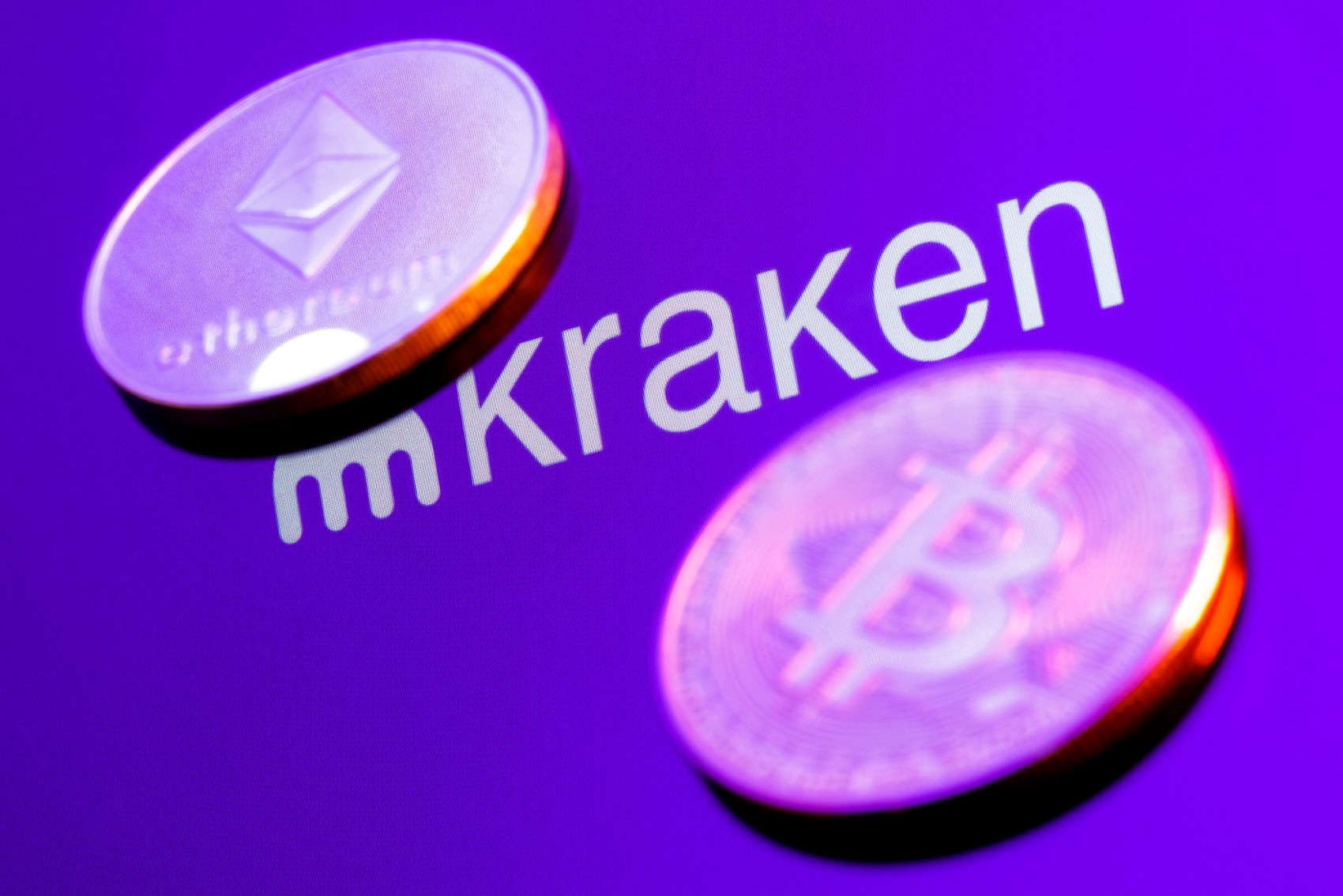The crypto market in Turkey is undergoing a significant transformation with the introduction of the “Crypto Law”, compelling firms to either comply with stringent new regulations or cease operations. As 47 companies, including notable entrants like QNB Digital Assets, seek operational licenses, three others have opted for liquidation. This dual movement highlights the dynamic and challenging nature of Turkey’s evolving crypto landscape.
Introduction of the new “Crypto Law” in Turkey
On July 2, 2024, Turkey enacted its first comprehensive legislation governing crypto assets, known as the “Crypto Law”. This law grants the Capital Markets Board (CMB) extensive authority to regulate various aspects of the cryptocurrency market. That includes the issuance, sale, and distribution of crypto assets. The law mandates crypto asset service providers (CASPs) to obtain operational licenses to continue their activities. It significantly impacts Turkey’s crypto regulation landscape.
Institutional Entry: QNB Digital Assets Leads the Charge
Among the 47 companies applying for operational licenses, QNB Digital Assets stands out as a significant entrant. It is one of the first banks to enter Turkey’s crypto sector. QNB aims to revolutionize financial services with its “Touch Tomorrow with Bitcoin” initiative. This move underscores the growing institutional acceptance of digital assets and is expected to enhance market credibility and attract more investors. The entry of such established financial institutions into Turkey’s crypto market is a notable aspect of the new regulatory environment.
Market Exit: Strategic Liquidations
While several companies are eager to enter the market, three firms – WooTR, Coinsate, and Every Bit Counts – have opted for liquidation. This decision highlights the dynamic and challenging nature of the cryptocurrency landscape in Turkey. Not all participants can sustain success amid stringent regulations. The CMB has stipulated that firms choosing liquidation must ensure the process does not harm customer rights and interests. Also, they must cease accepting new customers during the liquidation period. These measures aim to protect investors and maintain market stability during the transition.
Regulatory Impact and Compliance Requirements
The “Crypto Law” imposes rigorous compliance requirements on CASPs. Existing service providers were required to submit their applications for operating permits by August 2, 2024, or decide on liquidation. The law mandates that CASPs meet high standards in their operations, including IT system requirements set by the Turkish Scientific and Technological Research Council (TÜBİTAK) and independent audits. Additionally, the CMB has prepared comprehensive lists of compliant and liquidating firms, ensuring transparency and providing clear guidance for market participants and investors.
Future Outlook and Challenges
As the CMB continues to refine its regulatory framework, the Turkish cryptocurrency market is poised for structured growth. However, the path ahead is fraught with challenges. Stringent licensing criteria and evolving global trends in cryptocurrency will influence local market dynamics. Investors and industry players must stay informed about these developments to navigate the changing landscape successfully. The regulatory changes are reshaping the competitive landscape, pushing out non-compliant entities while attracting established institutions. This dual movement highlights the crypto market’s dynamic and often unpredictable nature. Regulatory compliance and market adaptability are crucial for sustained success.
>>> Read more: Tether and BTguru Launch Crypto Education Initiative in Turkey
The introduction of Turkey’s “Crypto Law” marks a significant turning point for the country’s cryptocurrency market. With 47 companies gearing up for operations and stringent reviews in place, the market is set for structured growth. However, the challenges ahead necessitate continuous adaptation and vigilance from both investors and industry participants. The entry of institutional players like QNB Digital Assets and the strategic exits of others underscore the evolving and dynamic nature of Turkey’s new crypto landscape.
By implementing this robust regulatory framework, Turkey aims to enhance transparency, security, and investor protection in its burgeoning crypto market. These developments are a testament to Turkey’s commitment to effectively regulate its crypto market. It wants to remain a competitive and attractive environment for both local and international players.
Readers’ frequently asked questions
What does the new “Crypto Law” entail for existing cryptocurrency companies in Turkey?
The new “Crypto Law,” which came into effect on July 2, 2024, mandates that all existing cryptocurrency companies in Turkey must either apply for operational licenses or opt for liquidation. Companies had until August 2, 2024, to submit their applications for these permits, demonstrating compliance with the stringent new regulations set by the Capital Markets Board (CMB). The law also imposes high standards for IT systems, independent audits, and regulatory compliance. They aim to enhance transparency, security, and investor protection. Firms that choose liquidation must ensure the process does not harm customer rights and interests. They must cease accepting new customers during this period.
How will the new regulations affect the Turkish cryptocurrency market?
The new regulations are expected to significantly reshape the Turkish cryptocurrency market by creating a more regulated and secure environment. With 47 companies applying for operational licenses and three opting for liquidation, the market will see a consolidation of compliant entities. The entry of institutional players like QNB Digital Assets is likely to enhance market credibility and attract more investors. However, the stringent compliance requirements may push out smaller or non-compliant firms, altering the competitive landscape. This shift is designed to protect investors from fraud and ensure secure transactions, which should lead to increased investor confidence and a more robust market.
What are the potential challenges faced by companies under the new “Crypto Law”?
Companies operating under the new “Crypto Law” will face several challenges. First, they must meet high compliance standards, including IT system requirements set by TÜBİTAK and undergoing independent audits. The application process for operational licenses involves rigorous scrutiny, which may be challenging for smaller firms with limited resources. Additionally, the law’s strict deadlines require quick adaptation, and failure to comply could result in forced liquidation. Market dynamics will also shift as non-compliant firms exit and institutional players enter, increasing competition. Companies must stay informed about ongoing regulatory updates to navigate these changes successfully and maintain their operations in the evolving landscape of Turkey’s crypto market.
What Is In It For You? Action Items You Might Want to Consider
Stay Updated on Compliance Requirements
With Turkey’s new “Crypto Law” in effect, it’s crucial for traders to stay informed about the latest regulatory requirements. Regularly check the Capital Markets Board (CMB) announcements and updates on their website to ensure compliance with the stringent standards. This includes understanding the deadlines for applications, IT system requirements set by TÜBİTAK, and the need for independent audits. Keeping abreast of these regulations will help you avoid potential legal issues and ensure that your trading activities remain compliant within Turkey’s evolving regulatory landscape.
Evaluate Your Portfolio and Service Providers
Given the dynamic changes in the Turkish cryptocurrency market, take the time to reassess your crypto portfolio and the service providers you use. With 47 companies applying for operational licenses and others opting for liquidation, it’s important to ensure your assets are managed by compliant and reliable entities. Review the lists of compliant and liquidating firms prepared by the CMB. Verify that your service providers meet the new regulatory standards. This proactive approach can safeguard your investments and enhance the security of your transactions.
Explore Opportunities with Institutional Entrants
The entry of institutional players like QNB Digital Assets into Turkey’s crypto market presents new opportunities for traders. These institutions bring increased credibility and stability to the market, which can attract more investors and potentially improve liquidity. Consider diversifying your investments by engaging with these new entrants, as their presence is likely to enhance market dynamics and provide more secure trading environments. Additionally, institutional involvement could lead to new financial products and services that may benefit your trading strategies.









